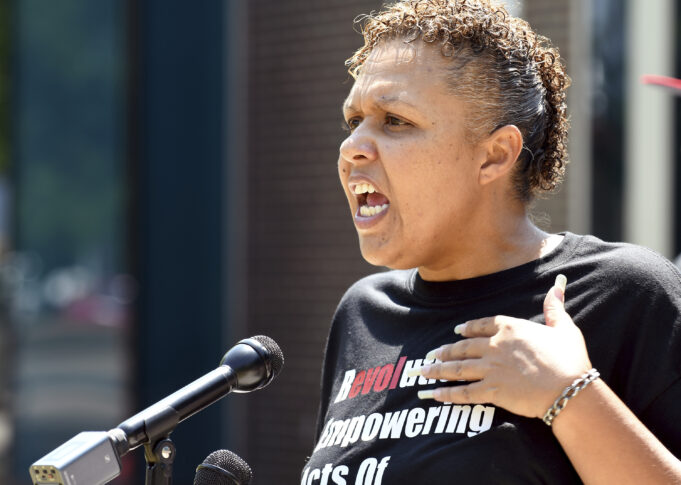About two years ago, Candice Bailey, an activist in Aurora, Co., was looking into municipal codes in her city’s charter when she came across existing Jim Crow laws.
“I’m looking at all of these laws and all of these things within our charter, our local constitution that violated our state constitution and our federal constitution that were hindering the voice of the people,” she told The Final Call.
As she started digging, she discovered a 1961 rule, she said classifies as a Jim Crow law in the city’s charter that says anyone who is a convicted felon cannot run as a city council member. She has been fighting to run for city council and to get the city charter changed.
In 2021, people with felony convictions from decades ago are being prevented from running for office. Ex-offenders already face barriers when it comes to employment, housing and voting when they are released. For people who have served their time, reentered society and want to serve their communities in elected office, the hurdles are even higher.
In a message titled, “The Birth of a Nation” delivered Feb. 26, 2006, the Honorable Minister Louis Farrakhan of the Na Nation of Islam quoted Rev. Al Sharpton in saying, “We were dealing with Jim Crow yesterday, but we are dealing with Jim Crow, Esquire today.”
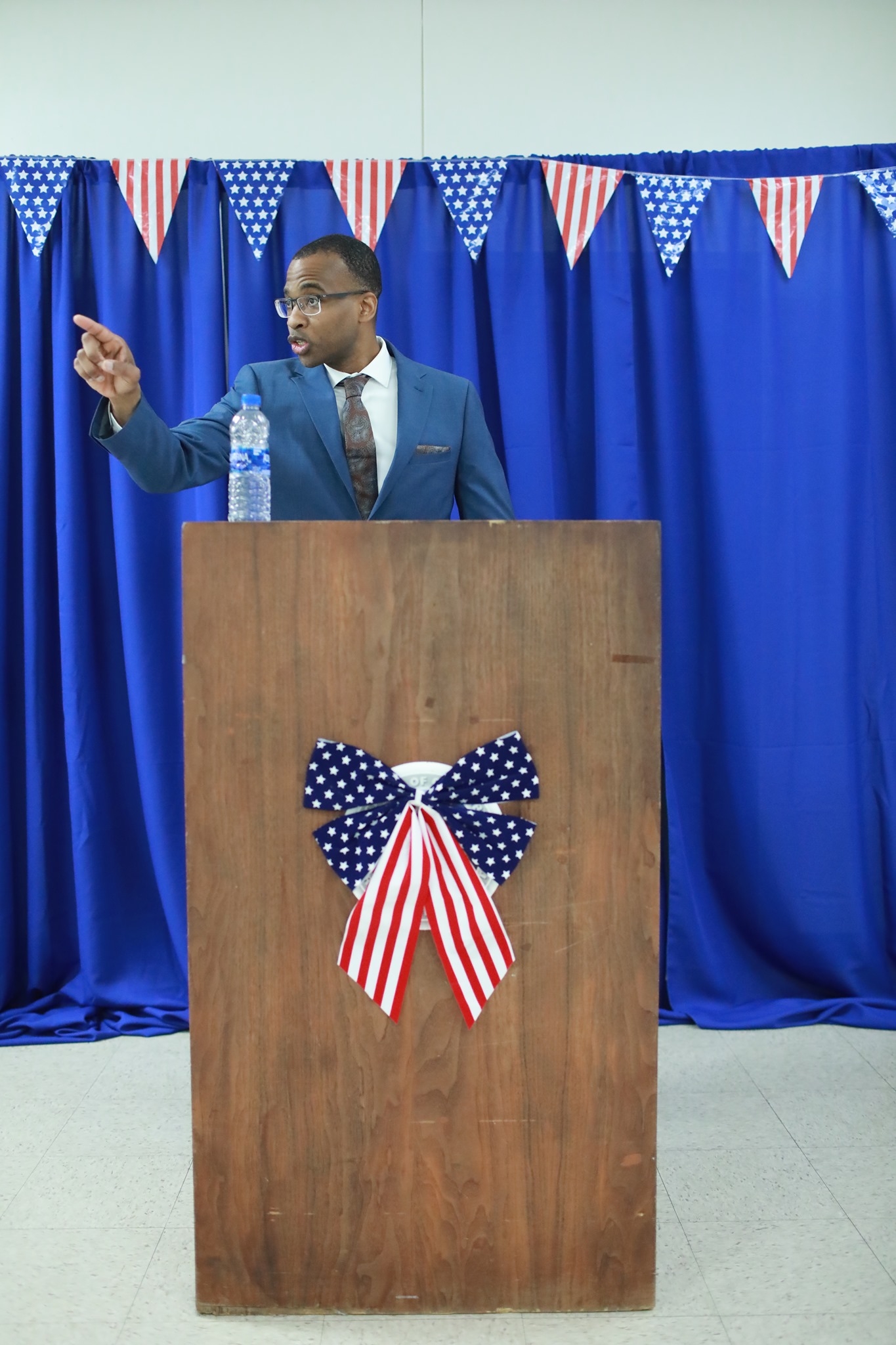
“If we are dealing with Jim Crow, Esquire today, why do some of our leaders keep telling Black people that Jim Crow, Esquire’s child is going to do better than Jim Crow, Esquire or Jim Crow did by us? These are the same people with the same tion of Islam quoted Rev. Al Sharpton in saying, “We were dealing with Jim Crow yesterday, but we are dealing with Jim Crow, Esquire today.”
“If we are dealing with Jim Crow, Esquire today, why do some of our leaders keep telling Black people that Jim Crow, Esquire’s child is going to do better than Jim Crow, Esquire or Jim Crow did by us? These are the same people with the same mind and spirit. We must wake up and recognize that not one more generation of our people should be sentenced to their false words,” Minister Farrakhan said. “Some Black people are trying to remain in this system, but it is frequently pointed out that there are two Americas: one Black, one White; one rich, one poor; separate and unequal.”
Julius Hall echoed Minister Farrakhan’s sentiments. “It’s two worlds here. We have two Americas. We have to understand that. It’s their America and it’s our America. Their America trumps our America because we don’t have any unity within our system,” he said to The Final Call.
Technicalities and restorative rights
Julius Hall is a Black man out of Port Wentworth, Ga., a small city about 10 miles away from Savannah, who is seeking to run for mayor. He was a police officer in the Savannah Police Department for 10 years before he was convicted on a drug conspiracy charge in 1991.
“Did 21 and a half years and got out, rebuilt my life. Started all over. Did everything I’m supposed to do,” he said.
In Georgia, felons can apply to get their rights back after two years of being released. Mr. Hall returned home from prison in 2013. His rights were restored in January 2021 by the state Board of Pardons and Paroles. That’s when he decided to move to Port Wentworth, which had been historically White but has a growing Black population.
He said he was asked to run for mayor by other elected officials who thought he would be a great candidate.
“I threw my hat in the ring and thought that I was doing the right thing. I had my rights back. I had everything that I needed. I got the paperwork saying that I’m legit and that I’m good to go. But for some reason, I’m not good to go,” he said.
Georgia’s constitution says felons can’t seek elected office until 10 years after finishing their sentence. Mr. Hall was challenged and told he needed to wait another two years. Courts are saying he needs to wait until 2026, as his sentence officially ended in 2016.
“The constitution is saying that I must have that restoration order and I must have the 10-year wait. And so, the word “and” is what’s prohibiting me from running. Just the word ‘and,’” he said.
He said his argument is that the word ‘and’ is invalid once his rights are restored. On his restoration of rights order, it is stated that restored rights include the right to serve on a jury, the right to run for and hold public office and the right to serve as a notary public. The only restricted right is the right to bear arms.
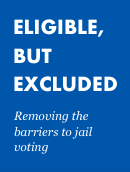
After a city clerk disqualified Mr. Hall, he took his case to the superior court. Sept. 27, a judge ruled against him, stating that the provision of the state constitution had been correctly applied.
“It should have said that in the paperwork because it did give me restrictions. This is what I’m saying, no legal thought was given to it. They gave me restrictions, and that restriction was I could not carry a gun until I applied to get my gun rights back,” he said.
“It didn’t tell me I couldn’t run for office for 10 years. Now had it said that, I would’ve said okay, well, I guess I gotta wait.”
He is appealing the judge’s decision. He said, if they rule in his favor, he will be on the ballot, but if not, he’s planning to campaign for three other Black people running for office.
Meanwhile in Aurora, Candice Bailey started looking into these restrictive Jim Crow-type laws in mid-2020. She asked a council representative if the council would consider changing the city’s charter to allow felons to run. She was convicted of second-degree assault in 1999 and served two years.
“They said, ‘Hell no, definitely not. We will never have a felon as a sitting council member.’ And I said okay, so I didn’t mess with it again,” she said.
About six months later, she asked about creating a committee to address existing Jim Crow laws. “We need to annihilate these things, and this is not the responsibility of our constituents. It is the responsibility of our local government, of our city council representatives, to annihilate these things off of our books,” she recounted. Ms. Bailey was told there was no money in the budget to make that happened
“I said, okay, well what if we did it through a citizen’s board that would come in and would go through all of the charter and the ordinances and help to remove the Jim Crow laws that exist?” Again, she was told “no.”
Ms. Bailey sits on several boards in the city of Aurora: the community advisory budget committee, police oversight committee and the youth violence prevention committee. It was seeing White supremacy take hold of the local government, even among “other constituents of color,” that caused the activist to run for city council.
“I went on Facebook. I didn’t ask my husband. I didn’t ask my kids. I didn’t ask anybody. I went on Facebook and I said, I am running for city council. I am running for city council, because we cannot allow this to happen,” she said.
Ms. Bailey’s city council representative asked the city attorney about the charter, which was hindering her ability to run, and was told she would have to sue.
“I said I will sue you, and I got with the ACLU, and we went through legal theory and it took us a little while. I mean, I was constructing legal theory. This is absolutely ridiculous,” argued Ms. Bailey.
The Aurora City Council voted to modify the city code on Aug. 23 to allow people with felony convictions to run for office, and the next day, Ms. Bailey submitted her nomination petition for the at-large council seat. However, the law prohibiting felons from running is still within the city’s charter, which must be changed by voters’ approval. She and the ACLU filed in Arapahoe County District Court to get the charter changed and are patiently waiting on a judge to rule on the case.
She explained that the municipal code is a set of rules or standards but that the charter is akin to a constitution, and she said the law still being in the charter can affect other people with felony convictions who seek to run for office in the future.
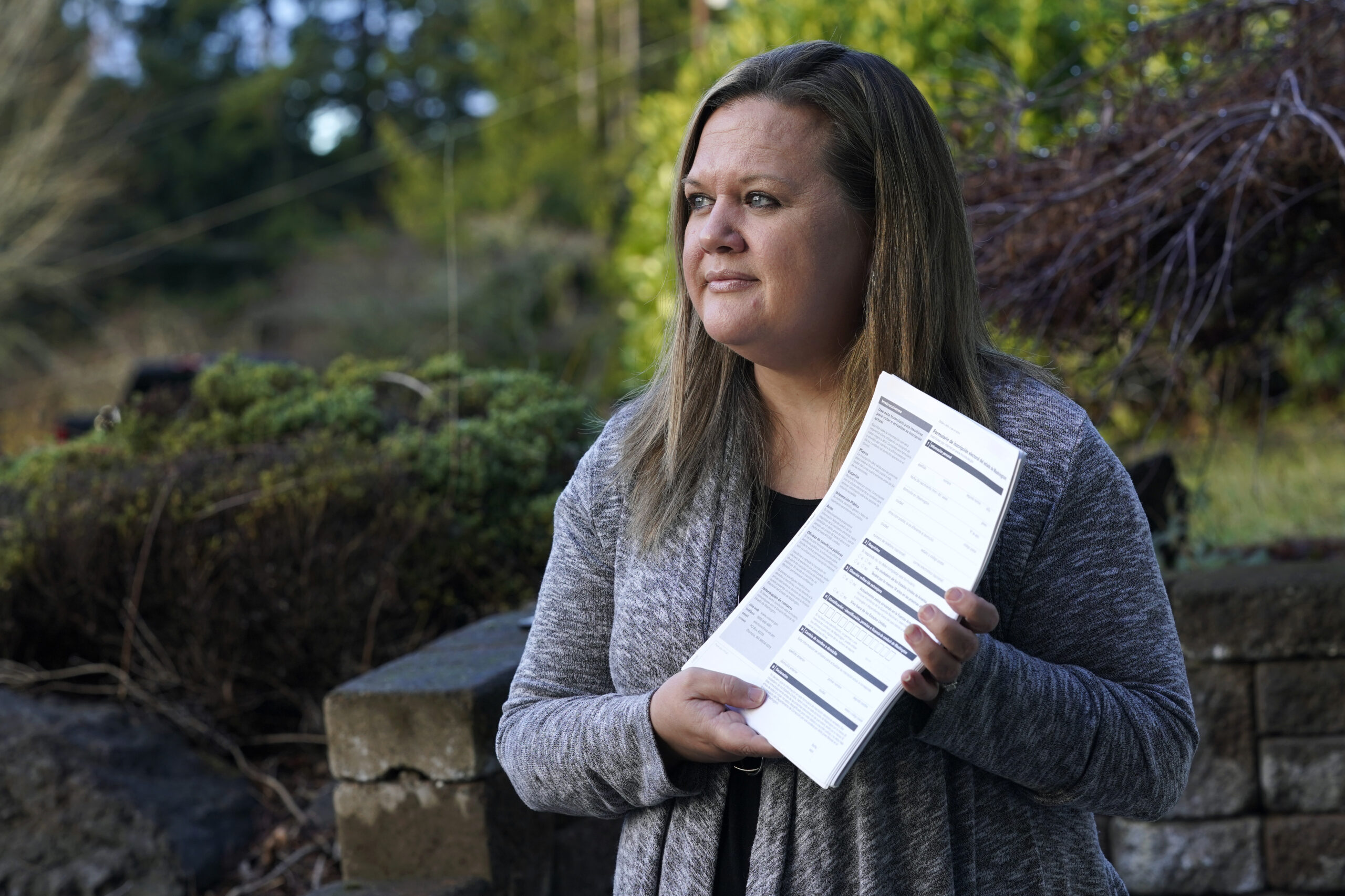
Tarra Simmons had a hard time finding work after her release following a theft and drug conviction. She made history in late 2020 by becoming the first felon in Washington state to win legislative office when she was elected to the state legislature. Ms. Simmons, who is White, graduated law school in 2017 and ran on a platform of prison reform and fighting barriers ex-offenders often face.
In Washington, D.C., Joel Caston, a Black man became the first incarcerated person in the city to win elected office. In June of this year, Mr. Caston won the race for advisory neighborhood commissioner of a district where he’ll oversee the Harriet Tubman Women’s Shelter and the D.C. Jail—where he is an inmate, reported NBC.
On the federal level, the U.S. Constitution allows a convicted felon to be a member of Congress; but on state and local levels, different laws apply in different municipalities.
Aurora and Port Wentworth have histories of anti-Blackness. Ms. Bailey made note of the city’s police brutality problems, including what happened to Elijah McClain, a young Black massage therapist who died after a police encounter on Aug. 30, 2019.
Mr. Hall said he remembers as a little boy living in Savannah, Black people didn’t get caught in Port Wentworth after dark. Today, he said, the city is a speed trap.
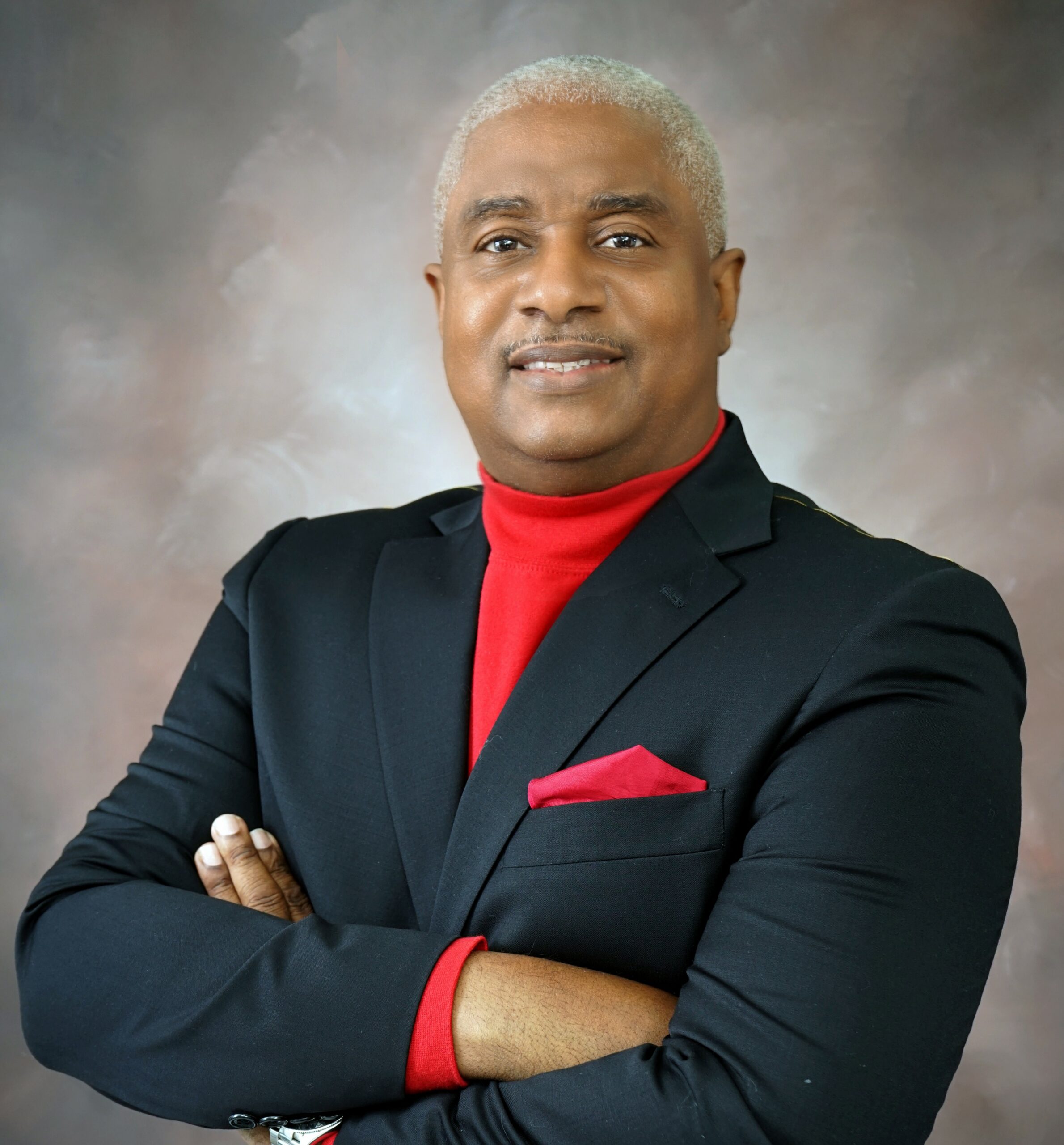
“One of the first things that I would do is fire the police chief, number one. He’s the problem. They sit on the highways all day and they trap Black people,” he said.
Other things he wants to do if he becomes mayor is diversify business and grow the staff for the city government.
Mr. Hall and Ms. Bailey lamented challenges within Black communities when it comes to unity to push for change and progress. The judge that ruled against Mr. Hall was Black, but that is not his only observation.
“If I was White, it wouldn’t even be a challenge, because first, Black people are not going to challenge the White man. I don’t care where you’re at,” he said. “Second, it’s because they wanted to have it be as complicated as possible, so that you would have hoops to jump through and Black people will say, ‘Oh, I ain’t going through that.’ But I say I don’t care, I’m going through all of it,” he said.
Ms. Bailey also shared her observations and blames much of it on lack of integrity, unity, and love for one another. “We have been taken under by White supremacy, and our colonized mind frame keeps us from truly loving one another, supporting one another and making sure that we are not dying at the hands of officers sworn to protect and serve,” she said.
In the meantime, Mr. Hall has a consulting firm that helps Black people get elected and Ms. Bailey continues her local activism and committee work.
During a July 29, 2015, interview with Felisha Monet of Miami’s WEDR 99 JAMZ radio show, Minister Farrakhan also commented on unity within the Black community.
“The Honorable Elijah Muhammad said, ‘Our unity is more powerful than the acquisition of a hydrogen or atomic bomb.’ We’ve waded in, prayed in, cried in, crawled in; we’ve marched, we’ve—we’ve sat down, and done things that remove dignity from us just to be accepted … . We’ve never tried unity,” he said.
Black people can get freedom, justice and equality overnight if they are united, the Minister stated.












